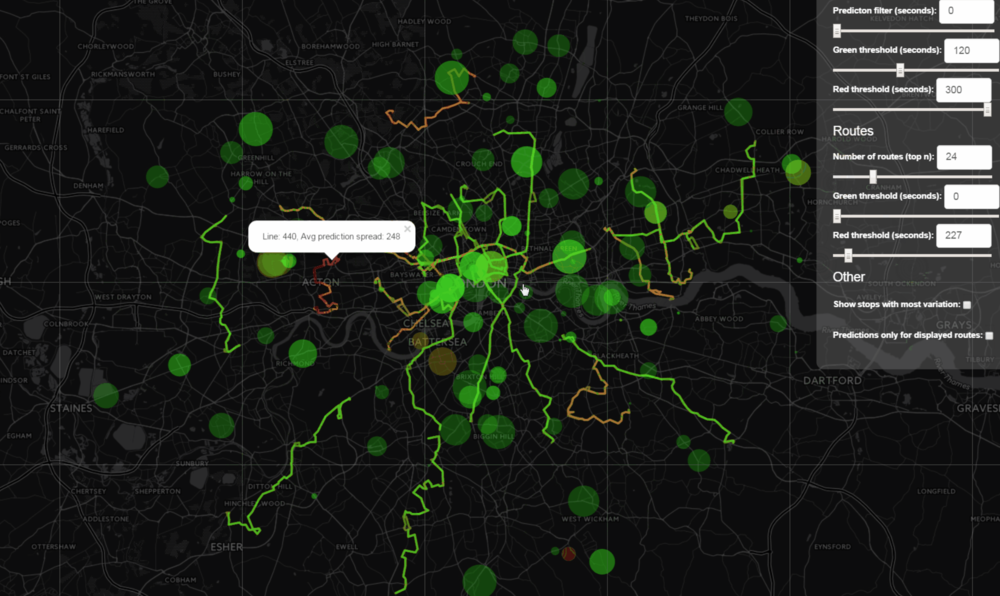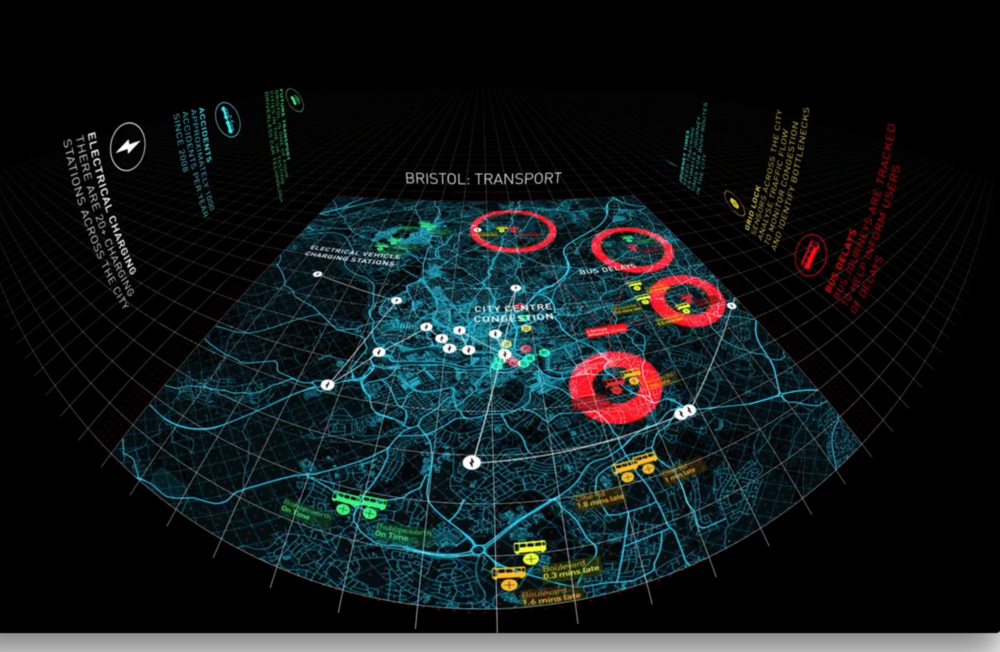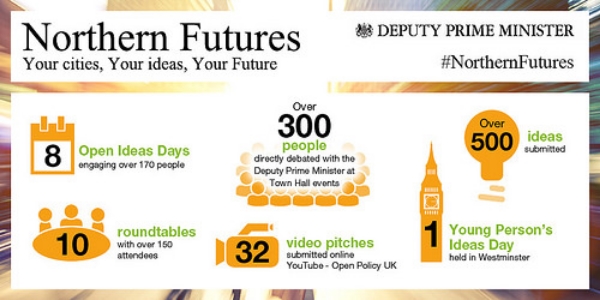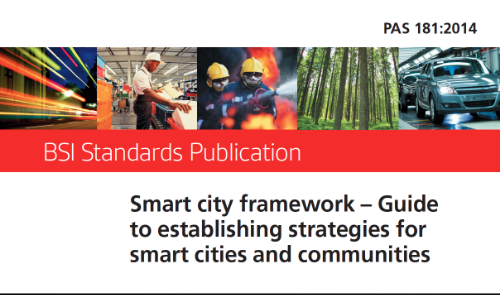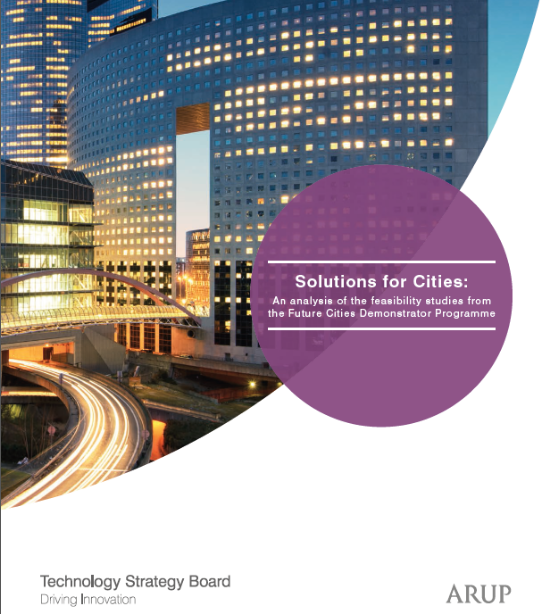Open data warriors needed.
The goal of open data training targeting the public sector is to equip front-line public sector warriors with the necessary skills and knowledge to tackle current and future challenges, where appropriate, with a data forward approach.
February 27, 2017

For many open data warriors the journey starts with open data workshops and training programmes.
In 2015/2016 Scotland piloted a pioneering open data training series for all public sector organisations. This workshop series was globally the first of its kind, carried out on behalf of the Scottish Government.
Although the pilot series came to an end in September 2016, the job is far from complete. When it comes to open data training, we say more is more!
The goal of targeting the public sector with open data training is to equip front-line public sector warriors with the necessary skills and knowledge to tackle current and future challenges, where appropriate, with a data forward approach. The vision is to enable public sector organisations to take advantage and to fully utilise and unlock the value of their data, both open and closed.
Why we need more open data training?
The need for more data and open data training, skills and knowledge, especially in the public sector, is real.
NESTA’s recent policy recommendations in their Wise Council report state that the Government Digital Service (GDS) should allocate £4m, which is less than 1% of its £450m budget, to embed data scientists in local councils to help sift their data goldmines and improve services.
A range of innovative approaches to data use by councils in the UK and abroad by the Wise Council Report
The hope is that an embedded data science programme could make it easier to:
- share intangible skills and knowledge needed to manage the internal culture of organisations,
- build relationships,
- increase knowledge about data sharing and information governance,
- improve communication,
- champion the work to data-sceptic stakeholders.
In a new report - Understanding, Demystifying and Addressing the UK’s Big Data Skills Gap - techUK has identified big data and data analytics as a key element to the future of the UK’s Digital Economy. In what is called ‘the big data revolution’, they expect big data to create 157,000 additional jobs and add £241 billion to UK GDP by 2020. Some of which will, undoubtedly be in the public sector.
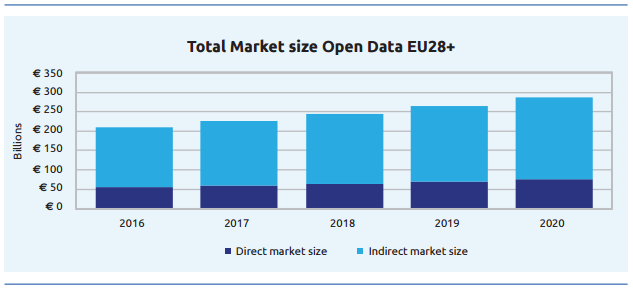
Total market size (high bound), split in direct and indirect size for EU28+in billions, 2016-2020 (Source:)
Public sector is the first re-user of its’ own data - the direct market size of open data is expected to be 55.3bn EUR for the EU 28+. Between 2016 and 2020, the market size is expected to increase to a value of 75.7bn EUR in 2020. Public administration is by far the sector that will gain the most from opening up data, with a value of 22bn EUR in 2020. (Source)
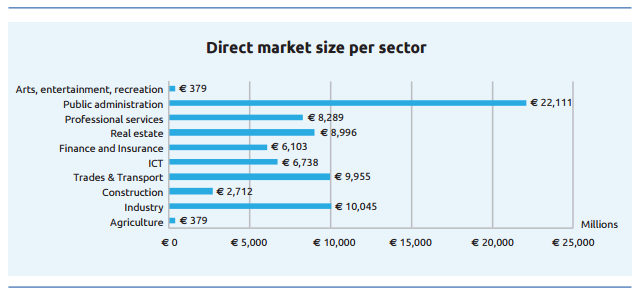
Direct market size of Open Data per market sector for EU28+ in millions, 2020 (Source)
The overall benefit and impact of open data training courses, and programmes is that they empower front-line public sector teams to use and reuse their own data, while at the same time furthering data publication within these organisations.
We believe that with the skills and a greater understanding of the power of data science and data analytics comes better data stewardship, a greater push from public sector organisations to exploit the benefits of data thus giving an impetus to open data publishing as well.
Global efforts to combat the data skills gap in the public sector
IDA (Infocomm Development Authority of Singapore) launched a Massive Open Online Course (MOOC) on data science and analytics in 2015 and the class attracted more than 350 registrations from both the private and public sector within a month.
New York (face2face): in 2015, the Department of Citywide Administrative Services (DCAS) hired data analysts to teach public servants how to use New York City open data. In doing so, they trained employees to consume their own data and use it make decisions and taught them how to be responsible data stewards when publishing open data for others’ consumption.
Australian government launched APS (Australian Public Service) Program to address data skills shortage in the public sector.
Chicago University’s Data Science for Social Good programme pairs data science fellows from around the world with social sector organisations. They work in teams of three or four to tackle data-intensive, high impact problems in education, public safety and health, criminal justice, city operations, environmental issues and social services.
Proof of concept
Benefits of basic (open) data science skills in the public sector:
- Greater Manchester has published data, which they can now easily use internally. They are potentially saving £8.5 million a year by reusing their own data (Source).
- In Carlisle, publication of real-time business rates has significantly reduced the number of Freedom of Information requests, improving the process for local businesses and saving the council up to £15,000 annually. (2015, Source)
- Windsor and Maidenhead Council decided to publish real-time data on energy use in public buildings in 2015, which helped them to cut their energy bills by 16%. (2015, Source)
- Cambridgeshire, where a cross-county data sharing warehouse was created, bringing together 24 data sets from five district councils. The platform was used to identify social housing fraud. Address data was crucial in this process as it provided a standard property address with which to link all records. This initiative has detected approximately 80 cases of fraud, at an estimated value of between £0.8 million - £1.7 million (2016, Source)
Where do I sign up?
In case you would like to enrol on an open data training workshop - you can sign up to one of our interactive workshops or a tailored mentoring session which we can globally.
The aim of our current and future courses is to address the open data skills gap that currently exists in the public, private and 3rd sector and, at the same time, foster the open data ecosystem across both Scotland and the UK.
If offline workshops are not your thing, there are a number of online courses and books, with various levels of interaction and engagement you can choose from.
Online courses
- European Data Portal e-learning programme.
- EdX by TU Delft - Open Government
- Local Government Association’s online open data publishing course:
- Module 1: Making Transparency work
- Module 2: Making Publishing work
- Module 3: Making Standards work
Looking for something around data science? Here is a list of a 100 free DataScience books.
More
Unlocking Ireland's Data Potential: Navigating the Open Data Directive with UrbanTide
News

UrbanTide's Commitment to Security: Officially ISO 27001 Certified!
News

uZero was awarded the edie Net Zero Innovation of the Year: Software, Systems & Services Award
News

Tackling the growing fuel poverty crisis and supporting the Just Transition to net zero
News

Low Carbon Homes’ Home Upgrade Show: Innovations in Retrofit
News

Data Integration and Collaboration are critical for the future of Transportation: Insights from JCT Symposium
News

uMove to support Bedfordshire Council to achieve ambitious sustainability plans
News

Active travel, the current challenges and solutions
News

Using the power of data to build cities of tomorrow
News

uMove supports the Smart Manuals for Streets programme from DfT
News

Scotland's Cycling Framework Makes Infrastructure Greatest Priority
News

Reducing emissions and improving health with active travel
Cycling Scotland

Targeting energy-efficiency campaigns to households most in need
Greater South East Net Zero Hub

Protecting an aging population from fuel poverty
Dartford Borough Council and Dover District Council

Identifying households eligible for energy grant support
The Wise Group

Facilitating active travel behavioural change with data
SEStran

Helping identify customers in or at risk of fuel poverty.
UK Power Networks

Open data promotes transparency, builds trust and empower citizens
Ireland Open Data Training
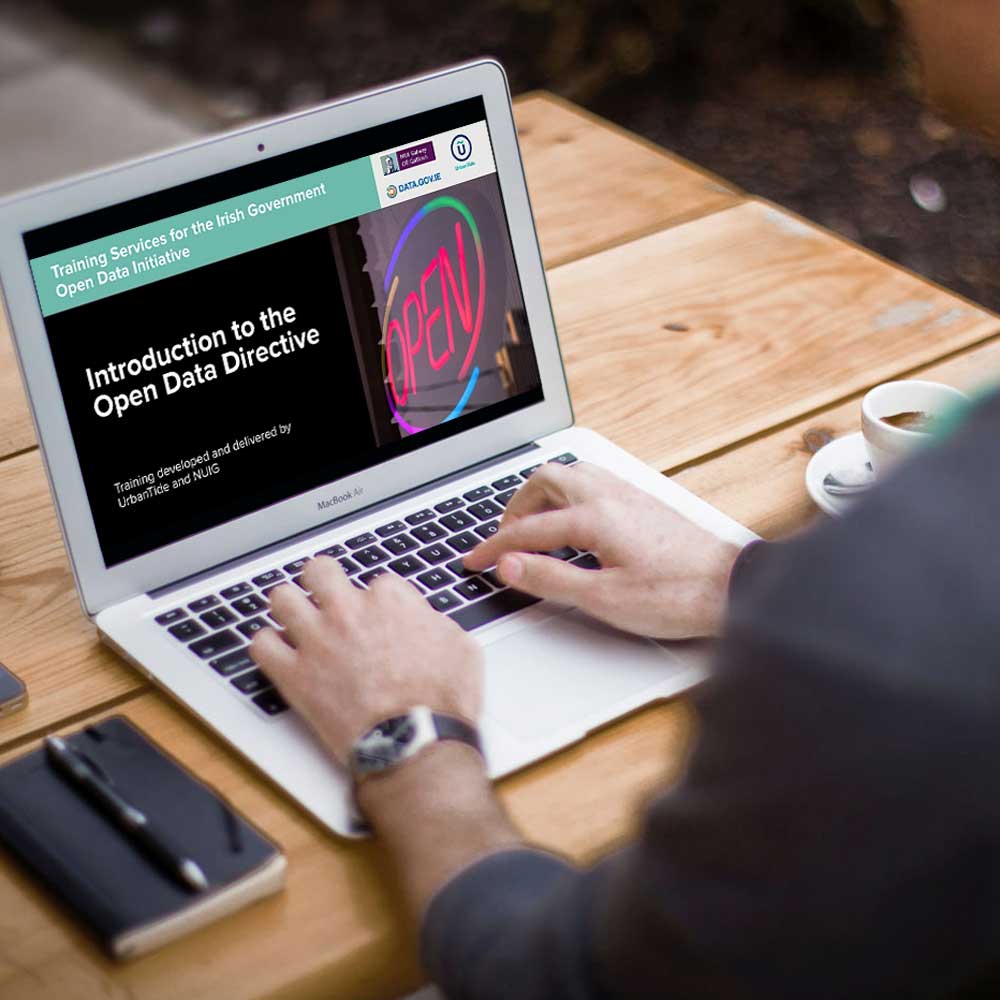
Identifying and unlocking new revenue from business rates with AI
North Lanarkshire

Tackling the growing
fuel poverty crisis with data and AI
UKRI

Understanding how we live and use our homes with real-time energy data
Smartline

Managing the impact of noise pollution on our cities
Noiseability

Accelerating the transformation of the UK’s energy systems
Energy Systems Catapult

Creating an integrated, affordable low-carbon energy system of the future
ReFLEX Orkney

Investing in sustainable transport infrastructure to become carbon neutral
Somerset County Council

Identifying ageing households at risk of cold and damp home
Sunderland City Council

Innovate UK funding to help our Planet Centred approach to retrofitting Europe’s leakiest homes
News

Open data is now a legal requirement in Ireland and the EU
News

New ‘uZero’ Artificial Intelligence software could help millions with their fuel bills
News
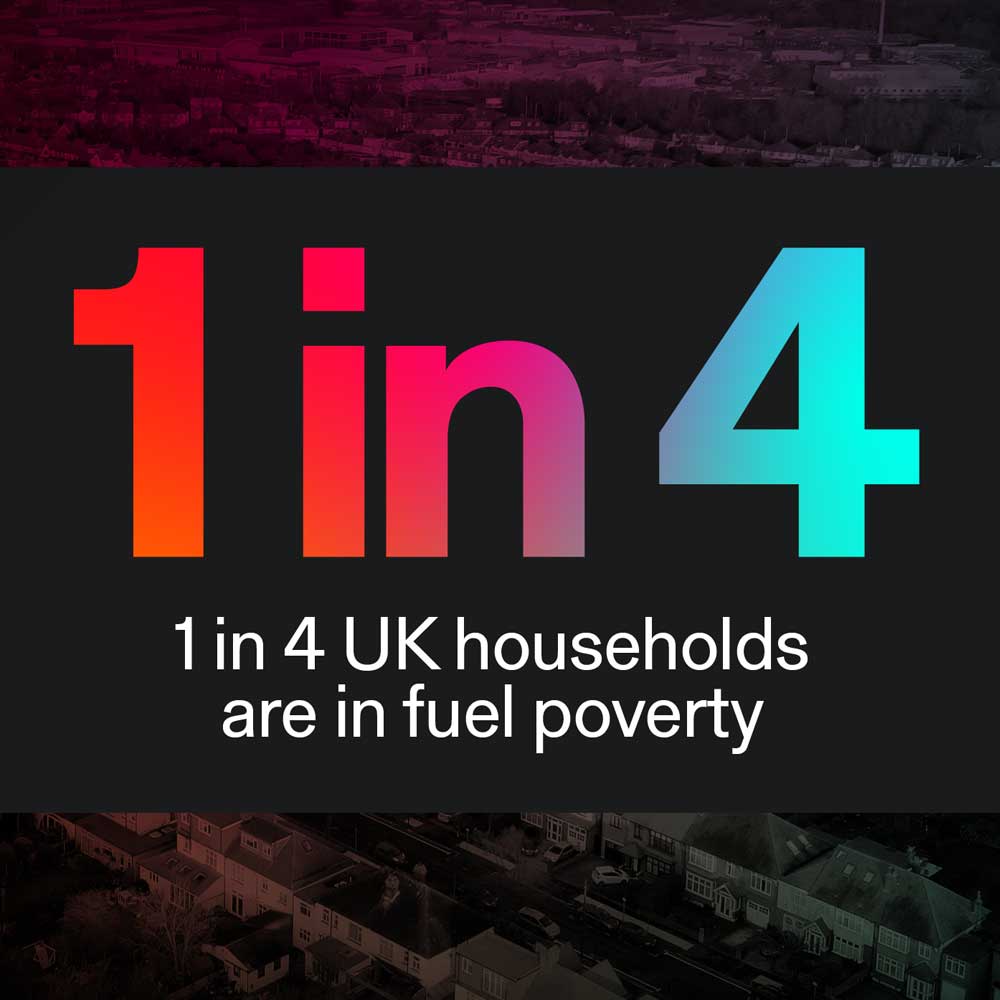
UrbanTide helps secure £48 million funding for Scottish Cities Alliance
News

UrbanTide leads £24 million program to make Glasgow a Future City
News

Building smart communities for OPEN Glasgow Engagement Programme
News

UrbanTide launches IoT data insights platform, uSmart
News
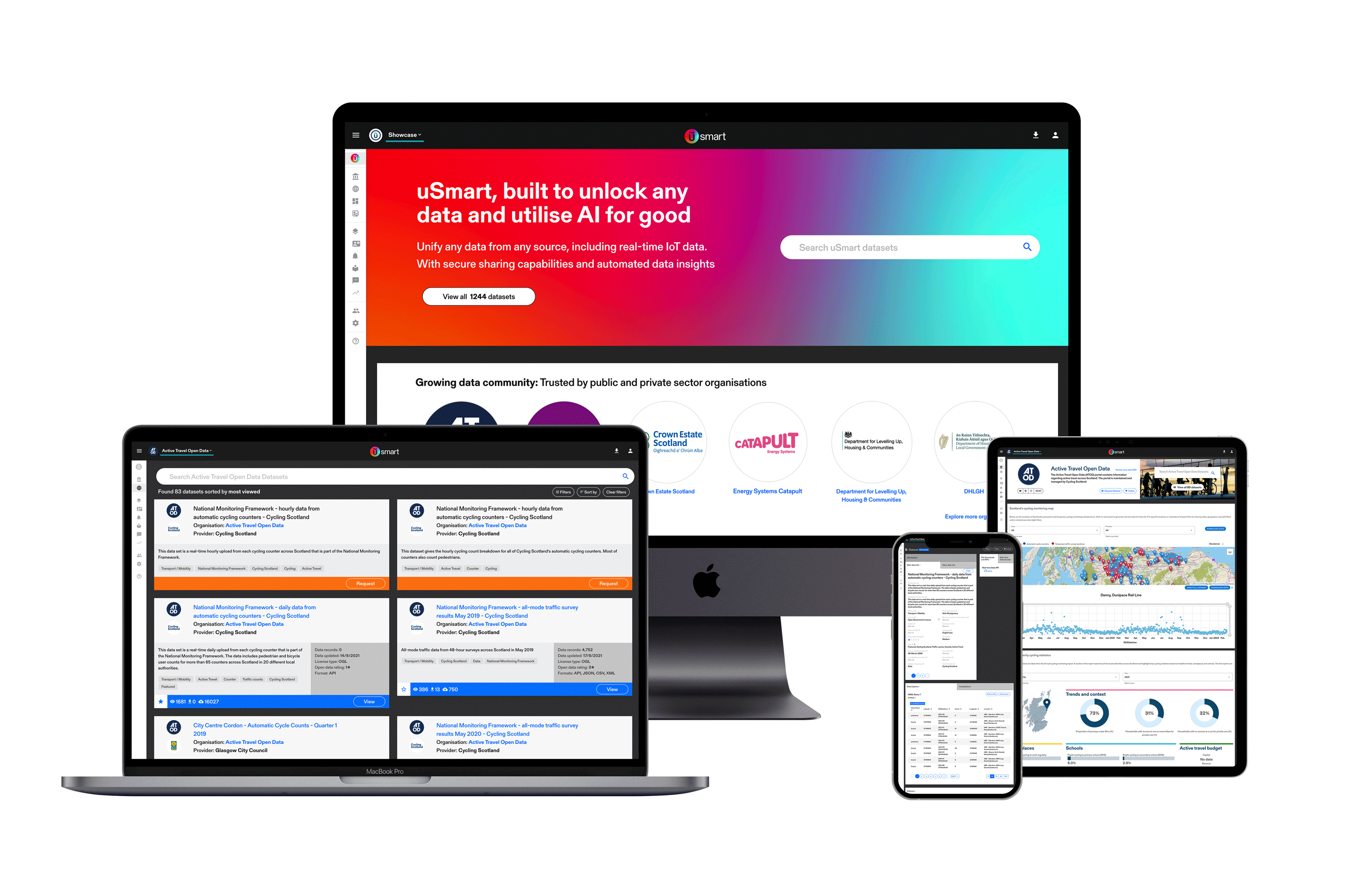
uZero announced as UKRI MEDA competition winner
News

Social Connect is a unique UK Power Networks (UKPN) innovation project
News

UrbanTide announces partnership with Energy Systems Catapult
News

UrbanTide marks four years of Open Data training in Ireland
News

Noisability: UrbanTide wins major bid as part of SynchroniCity program
News

UrbanTide joins prestigious Artificial Intelligence accelerator
News

UrbanTide recognised at ScotlandIS Digital Technology Awards
News

ODI publishes case studies that show how open data can be used in service redesign
News

UrbanTide teams up with North Lanarkshire Council to make better services with data
News

UrbanTide, Snook and North Lanarkshire Council announced as finalists for the 2018 Digital Technology Awards
News

Innovative smart communities IoT project powered by USMART
News
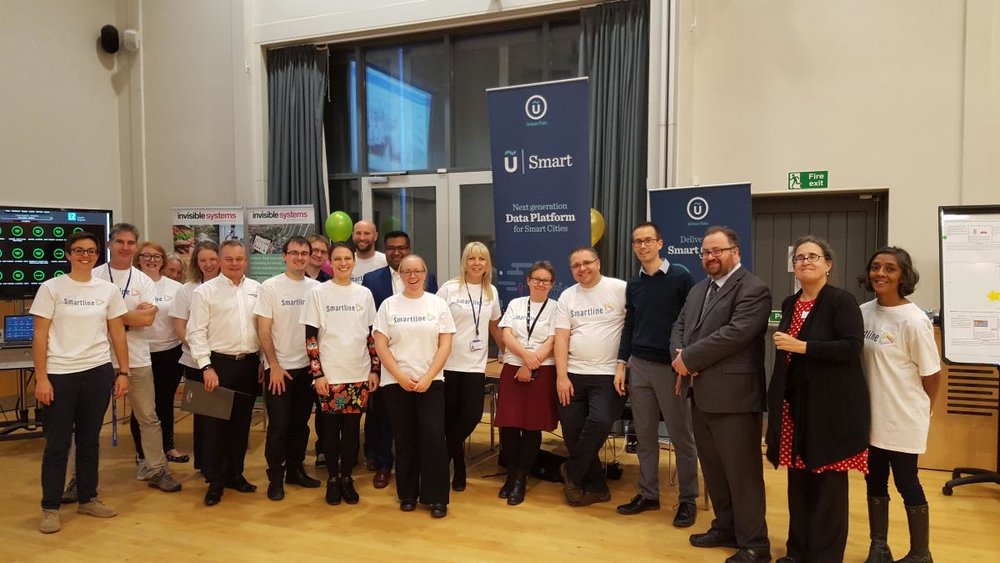
The Power of Data Science in the Health and Care Sector
News

UrbanTide to help transform Ireland by unlocking the power of open data
News

Stay ahead of the curve by learning more about these new smart cities standards
News

#DataFest17 - 12 key lessons we learned about smart cities, communities and the future of data
News
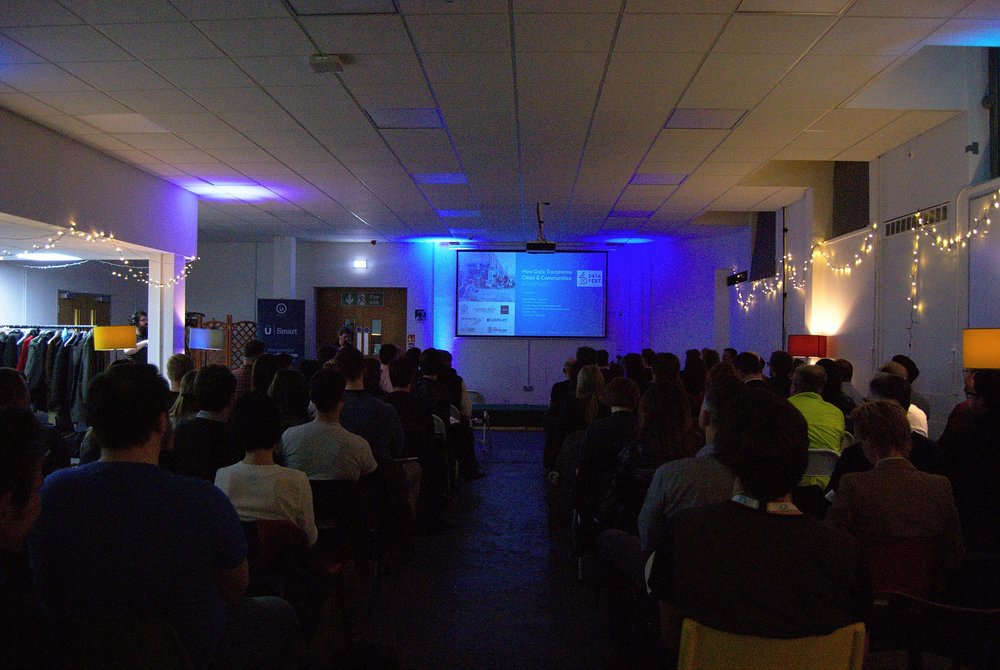
Emerging ideas for a renewed (Y)Our Glasgow City Centre
News

Future Health Hack - building the future of healthcare one line of code at a time
News
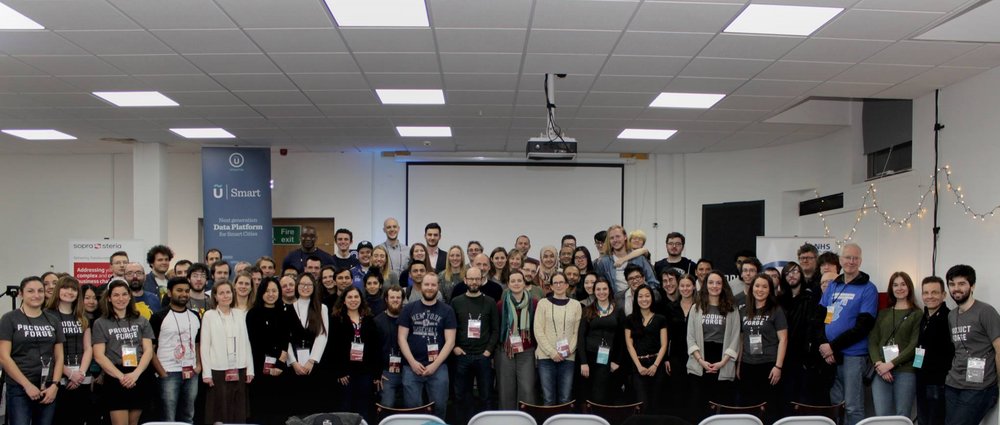
Meet our API Data Explorer – aka your new best friend if you are working with big data
News

Car parks ‘extinct’ in smart cities of the future?
News

3 awesome USMART features - with more coming soon!
News

Data scientists and USMART: a match made in heaven
News

We are now Regional Supporters of Open Data Impact Map
News

Next generation open data platform looking for beta testers!
News

Glasgow city centre regeneration - how smart can Glasgow be?
News

Open data - is the open private sector the next frontier?
News

Open data everywhere! Review of open data maturity in Europe, UK and Scotland
News

Feedback from our year delivering open data training for Scottish Government
News

Announcing our new open data training programme
News

Glasgow City Centre District Regeneration Frameworks
News

Metadata and metadata standards- reflections from our Chief Operational Officer
News

All about our Smart Cities Maturity Self-Assessment Tool
News

Open data training for Scotland's public sector
News

Engage - invest – Exploit (EiE) or Enjoyable - interactive - Experience (EiE)
News

UrbanTide and India: 5 Lesson's Learned from Simon's Trip to the Subcontinent
News

Cisco and the Smart Cities Council: 4 Messages from America...
News
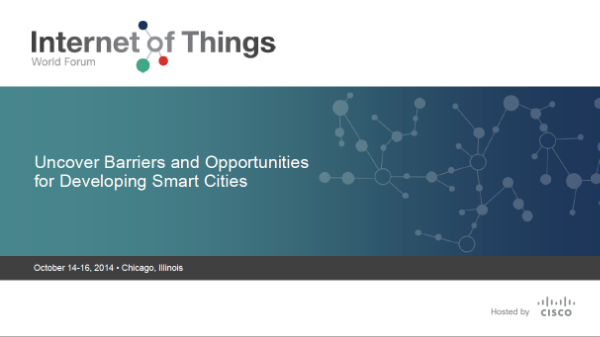
Edinburgh continues to iterate, and then iterate again
News

Start your journey
Take a look at our product page to find out which UrbanTide AI tool has been designed for your needs.
Find out how we can support your data and AI projects and see our growing AI portfolio in action.












